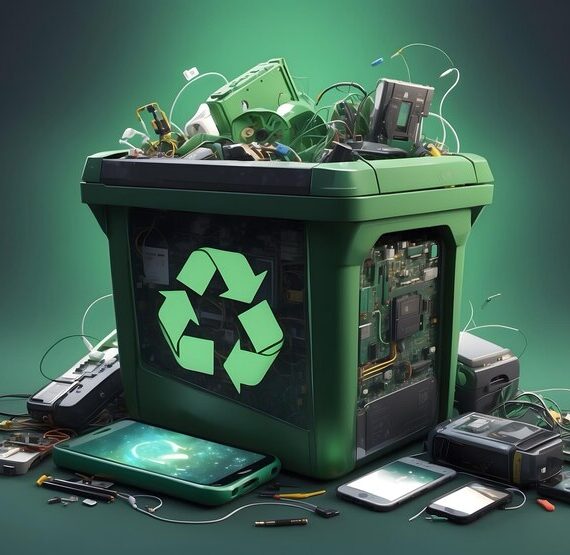
What are the challenges and opportunities for businesses under EPR?
In today’s global economy, the concept of Extended Producer Responsibility (EPR) has gained significant traction as a means to address environmental concerns and promote sustainable business practices. EPR is a policy approach where producers take responsibility for the entire lifecycle of their products, including post-consumer disposal. Traditionally, consumers are responsible for disposing of products at the end of their life cycle. While Extended Producer Responsibility presents numerous challenges for businesses, it also offers significant opportunities. In this blog, we will discuss the EPR challenges & opportunities in detail. Let’s get started!
Let’s uncover the Extended Producer Responsibility (EPR)opportunities & Challenges for businesses-
Challenges:
Compliance Costs: Businesses may face increased costs associated with compliance with EPR regulations, including registration fees, reporting requirements, and investments in infrastructure for product take-back and recycling. Compliance costs can vary depending on the scope and complexity of Extended Producer Responsibility regulations in different jurisdictions, posing financial challenges for businesses operating in multiple regions.

Supply Chain Complexity: Coordinating EPR efforts across complex supply chains can be challenging, especially for multinational corporations sourcing materials and components from multiple suppliers worldwide. Ensuring compliance with Extended Producer Responsibility regulations throughout the supply chain requires effective communication, collaboration, and transparency among stakeholders, which can be challenging to achieve in practice.
Consumer Education: Educating the community about the significance of EPR and its role in recycling and proper disposal of products can be a significant challenge. Many consumers are unaware of Extended Producer Responsibility regulations and may not understand their responsibility to ensure proper end-of-life management of products. Businesses must invest in consumer education campaigns to raise awareness and encourage behavior change, which requires resources and ongoing efforts.
Regulatory Uncertainty: EPR regulations can vary significantly across jurisdictions, leading to regulatory uncertainty for businesses operating in multiple regions. Navigating these complex regulations requires careful monitoring of regulatory developments, timely compliance updates, and proactive engagement with policymakers and industry stakeholders. Regulatory uncertainty can create challenges for businesses regarding resource allocation, risk management, and strategic planning.
Opportunities
Innovation and Product Design:
• EPR encourages businesses to invest in research and development to create products with reduced environmental impact.
• Companies can explore alternative materials, manufacturing processes, and packaging solutions to align with sustainability goals.
Cost Savings:
• Improved resource efficiency and waste reduction contribute to lower operational costs over time.
• Embracing a circular economy model can decrease dependency on virgin materials, saving costs in the long run.
Brand Reputation:
• Businesses that actively engage in EPR initiatives build a positive image, attracting environmentally-conscious consumers.
• Enhanced brand reputation can lead to increased customer loyalty, market share, and a competitive advantage in the marketplace.
Circular Economy Integration:
• EPR facilitates the transition towards a circular economy by promoting practices such as product refurbishment, remanufacturing, and recycling.
• Companies can explore new revenue streams by participating in the secondary market for refurbished or remanufactured products.
Final Say!
Extended Producer Responsibility is more than a regulatory requirement; it represents a paradigm shift toward sustainable business practices. While challenges exist, the opportunities presented by EPR are equally compelling. By proactively addressing environmental impacts, businesses not only contribute to global sustainability goals but also position themselves for long-term success in a world where responsible consumption is increasingly prioritized. As the business sector continues to evolve, embracing EPR may well be the right path to a resilient and sustainable future.
Read Our More Blogs:
How to Develop a Sustainable E-Waste Management Plan for Your Business?
What Are The Legal Requirements For Businesses Regarding E-Waste Disposal?
Follow us:







